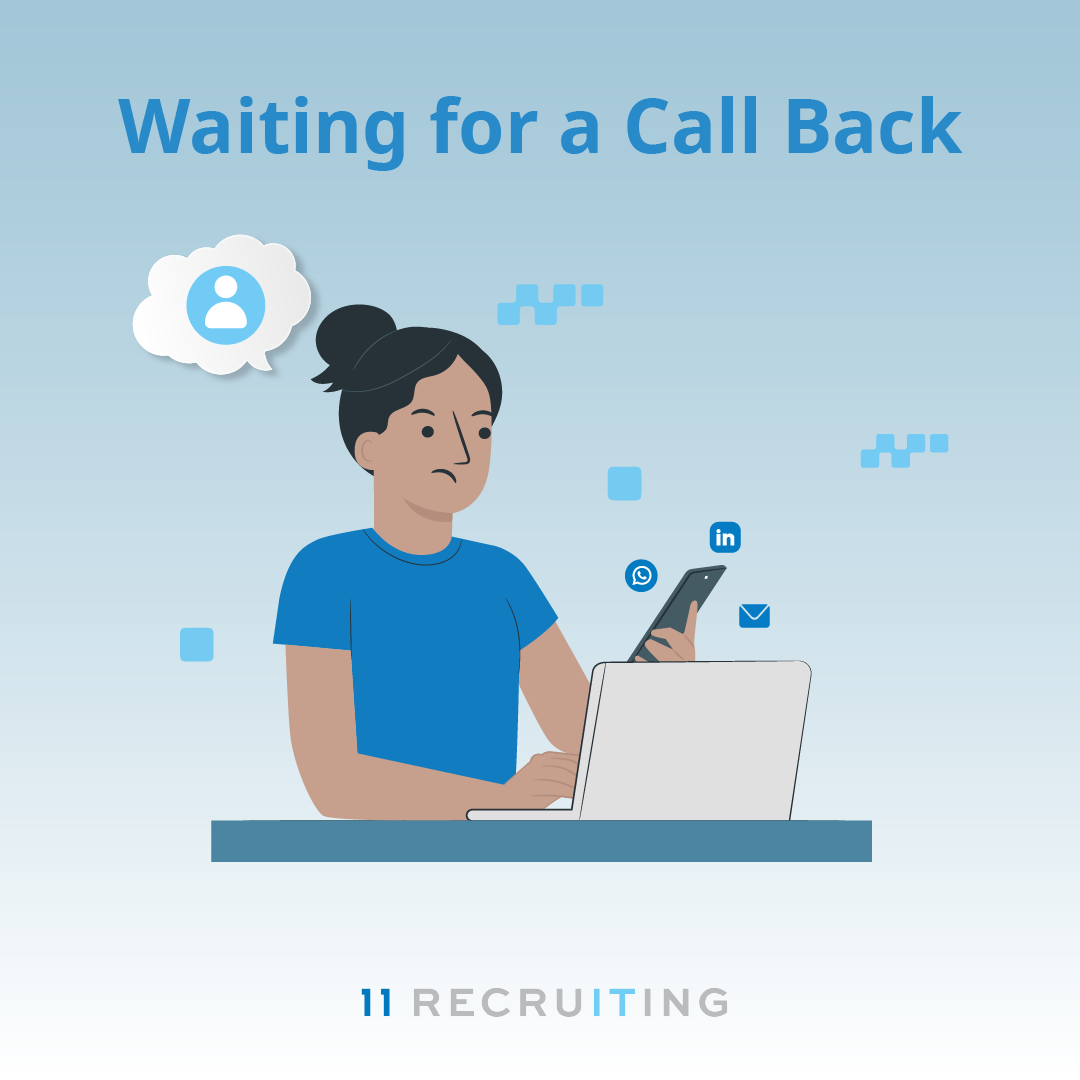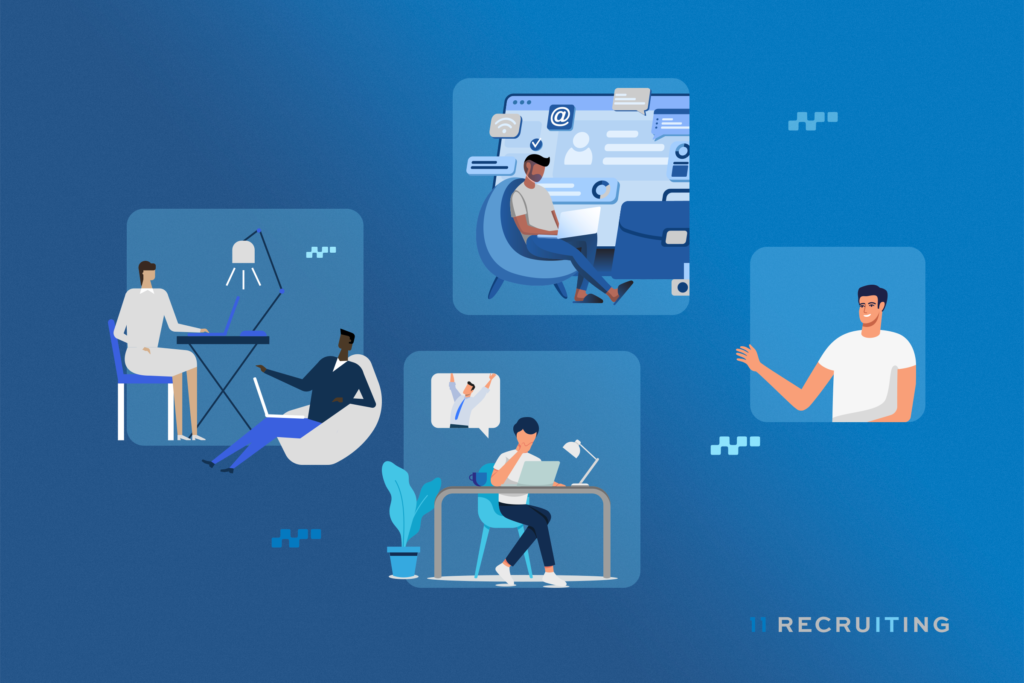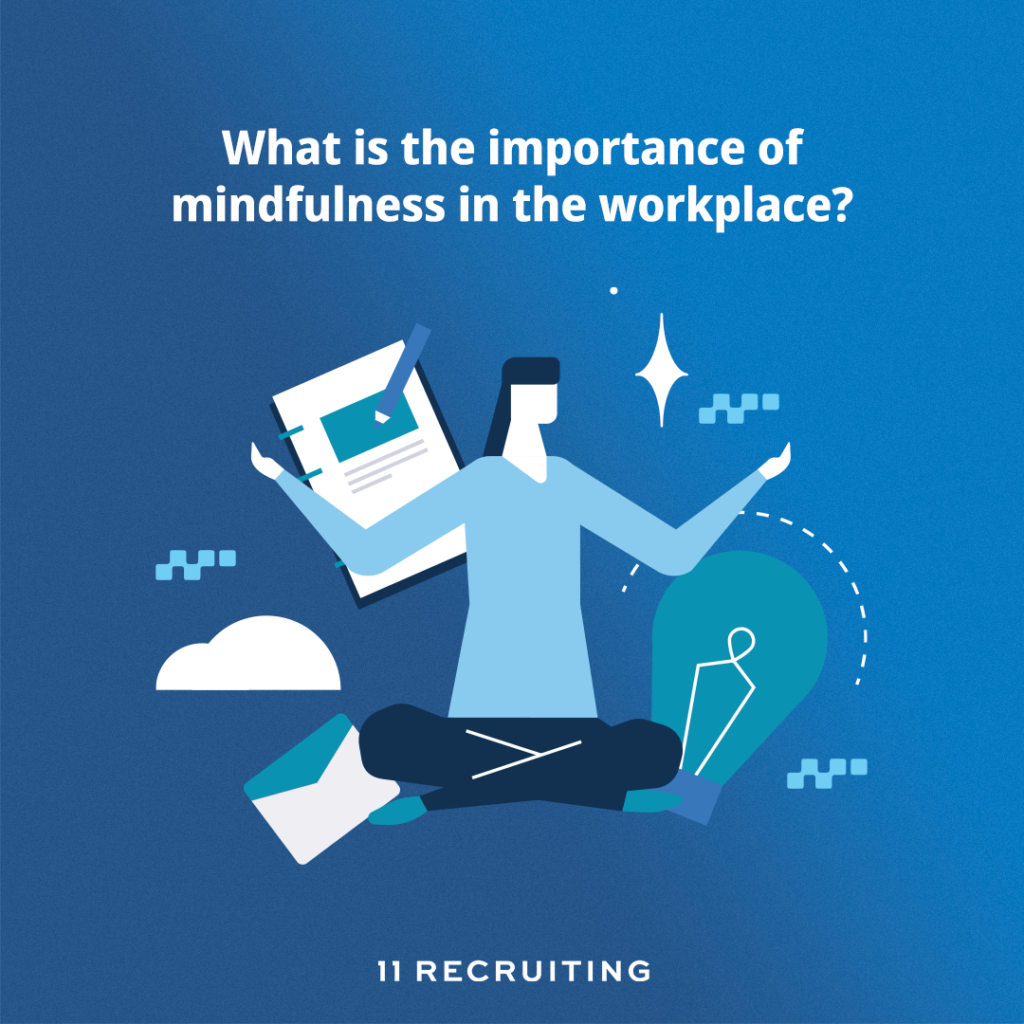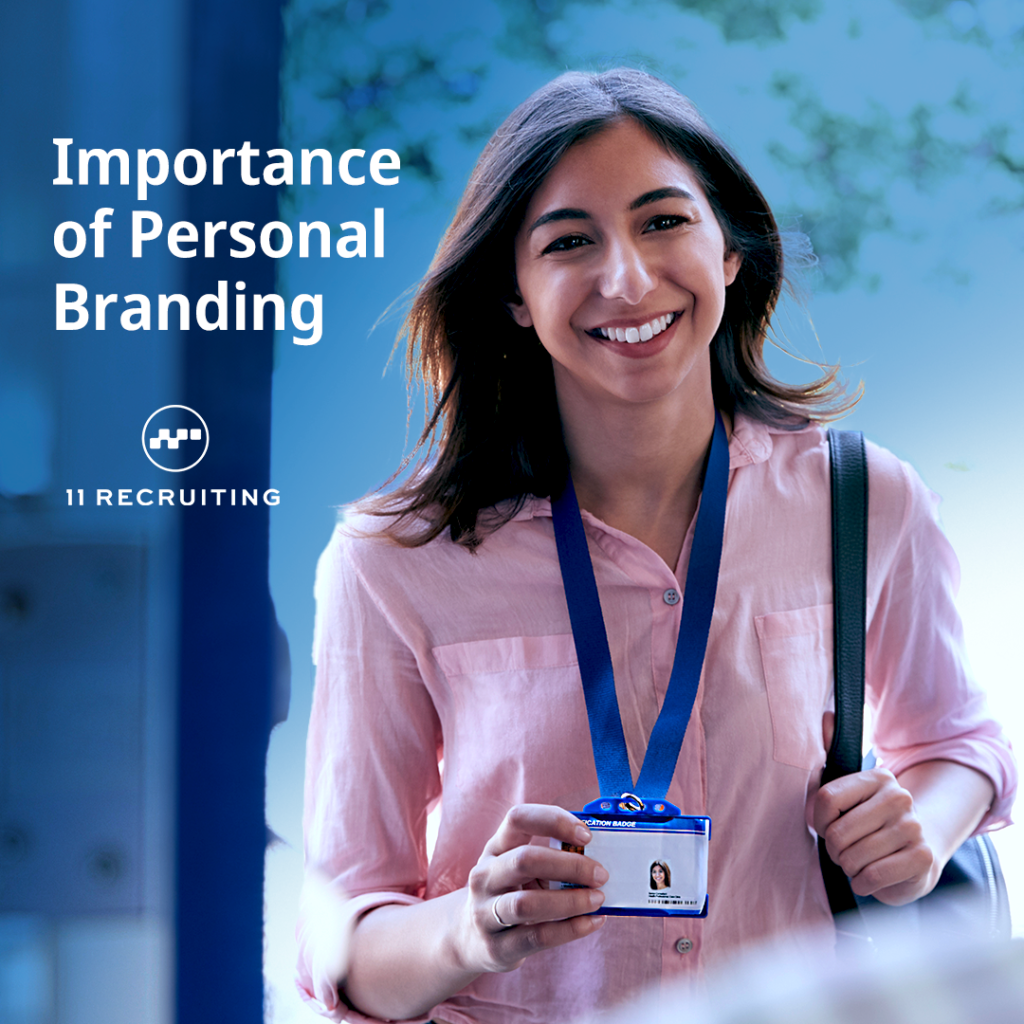
Did I ace it? Did I flop? Either way, at every hour, you keep refreshing your inbox or check your spam box while you hope for the job call or some response. But still, you’re faced with the burden of waiting for call back after an interview.
Job hunting is stressful, and applying or preparing for a job interview also comes with anxiety. But another hard thing a job seeker has to face when it comes to job hunting is waiting for a call back after days of dreadful silence and ghosting from the organization on your employment status.
Not hearing back from the interviewer after an interview after several days or weeks happens too often to many of us. So, don’t be so hard on yourself.
Why am I not Getting a Callback?
A simple answer is you might not have landed the job. An inexperienced hiring manager may want to avoid an awkward situation and not contact you at all. More likely if you did not receive the job, you will receive an email informing you of their decision.
Another reason for not getting a call back could be that the hiring manager is still interviewing other well-qualified candidates. Other times, the job opening may be on hold, or it may also mean they are putting together your offer. And sometimes, there might be an urgent matter that came up for the organization, or they lost track of your interview process status.
To decrease the stress of waiting for a call back, it’s best to talk to a recruiter. Recruiters are the bridge between you, the candidate, and the employers. It’s easier to contact them than directly going to the hiring company.
Frequently Asked Questions
How long does it take to get a job call back after an interview?
There’s no laid down rule on how fast you get a call back after an interview. It depends on the organizational structure of the company. And especially the stages involved during your interview process.
Sometimes, waiting for a call back takes about 2-3 days if you only have one interview process. And other times, it might be a week or two if there are many interview stages.
How long should you wait for a job call back?
The time frame varies. But, it’s wise to follow up with an email a week after applying for the job. With an email, you can remind the organization that you’re still interested in the role. Also, don’t forget to ask if they’ll need any more information to ease their decision-making process.
And if you’re about to go for an interview, be sure to ask the interviewer when you should expect a response from the hiring manager or the next steps in the interviewing process before closing the meeting. This way, you’ll set up a perfect opportunity to follow up (in a proactive manner) with the hiring manager if there’s a delay in the call back after the date given.
When should you make a follow-up call or email?
Typically between a week. If your interviewer gave specific call-back dates, it’s best to wait for them to reach out first. However, if the interviewer gave a specific date and time for the call-back and you haven’t heard from them after that date, It’s totally appropriate to reach out to the interviewer.
Remember that interviewers are also human. They could be stacked with so many applications and work that they could’ve had an oversight. The best way to reach out to an interviewer is through a recruiter. That way, it would save you time and effort in calling the interviewer directly.
What Should You Do while You’re Waiting for a Call back?
There’s a lot of anxiety that comes with waiting for a call back, especially after investing a lot of time and effort. So while you’re waiting, here are some advice that might be of help.

- Relax and be Patient. It can be hard not to be anxious or not to worry, especially when you’re waiting for a call back. Nonetheless, practice patience and consider that the hiring manager may not respond right away due to some factors.
- Don’t overthink your performance. Don’t waste time rehashing what you said, what you didn’t say, or what you did wrong. You did your best, and dwelling on what happened or not will only make you more anxious. If you prefer, you can always reshape your experience from ruminations to reflecting on what you would have liked to have done differently and note them as lessons for future conversations.
- Follow up with the proper follow-up etiquette: After sending your thank you note, following up within a week is very much acceptable. Following up makes you come across as a professional, prompt, and courteous person. Waiting too long will show a perceived lack of interest. If you don’t hear back after that week, you can reach out again. And if you don’t hear anything after a second week, it’s better to stay radio silent so as not to seem like a pest.
- Continue job hunting: As stressful as job hunting is, you still need to keep searching for other jobs. There’s a stream of other jobs that might be perfect for you, so keep looking, applying, and interviewing while waiting for a call back after a job interview.
- Continue improving your resume and cover letter: Although, it’s good to tailor them to the particular position you’re chasing. Nonetheless, build on your experiences, especially what you’ve done in the previous years, the problem you’ve solved, or a new process you’ve deployed that can add more strength and be of value for your other interviews.
- Don’t take it so personally: The worst case may be that they’ve hired someone else already, but don’t get vexed. Leave a final thank you note, and ask whether you might be a good fit for a future position.
To close the point, waiting for a call back is and has never been fun. But, learn to accept that delays are part of the hiring process. This way, you’ll be reducing your anxiety.
Good luck!

